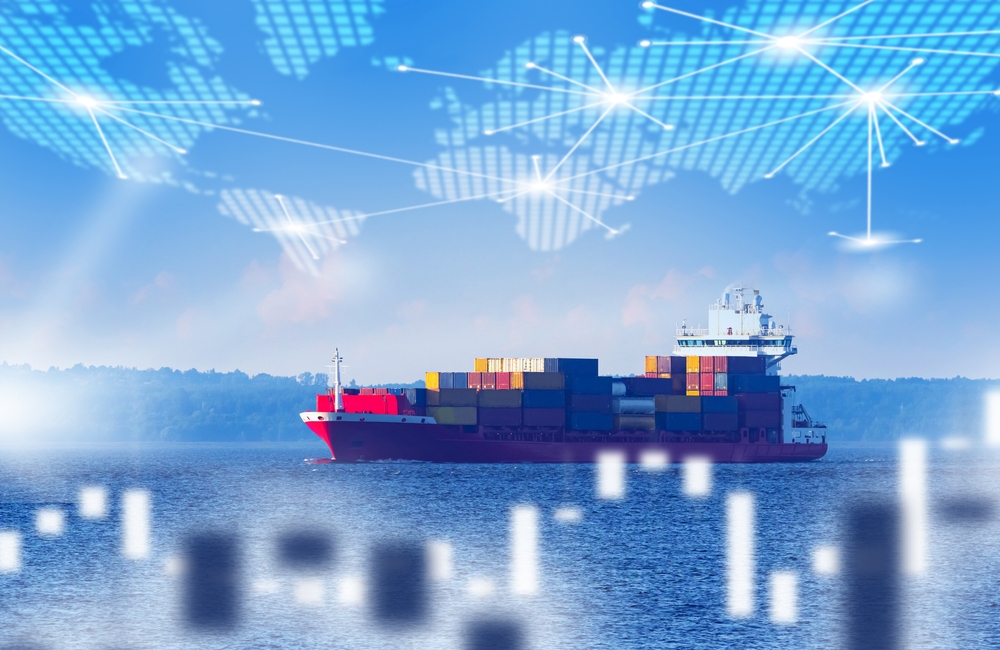
Shipowners transporting commodities such as iron ore are facing increasing pressure from charterers to use the Suez Canal route and not to use the alternative route around the Cape of Good Hope.
Following the Houthi attacks on vessels in the Red Sea since November, nearly all western shipping operators have avoided sending their vessels through the Red Sea. Instead, they have opted to send their vessels around the Cape of Good Hope, adding significant costs and delays to shipments.
Considering this, some companies who trade in commodities such as iron ore have threatened legal action and even demanded alterations to contractual terms to force shipowners to travel through the Red Sea.
One maritime lawyer, speaking to the FT said that charterers were concerned that the end-customers might refuse to pay for cargo that was delivered late. In this situation, charterers could seek damages from shipowners in the event of late delivery of goods.
Despite charterers actively telling shipowners that the current situation in the Red Sea is insufficiently dangerous to merit diversion around the Cape of Good Hope, this is far from reality.
On the 26th January, there was a Houthi attack on the Marlin Luanda, an oil products tanker. The tanker was carrying products for the commodities trader, Trafigura.
The fire generated from the attack took both the crew and naval vessels around 19 hours to extinguish, the FT reported.
Dry Bulk ships transport goods are slightly different to container ships. The bulk commodities are unboxed in large holds onboard dry bulk vessels. This is different from container ships, which because transport manufactured or semi-finished goods in steel boxes.
Therefore, items transported by dry bulk are more vulnerable to being damaged or creating a large fire as shown by the Marlin Luanda incident.
There is a significant amount of metal commodities that are transported through the Red Sea, as highlighted by analysis by Russell’s ALPS Marine.
Iron & Steel is the largest commodity that is transported through the Red Sea at $29 billion, representing 10% of all trade through the Red Sea.
Further ALPS Marine analysis shows that Copper ($23 billion), Aluminium ($15 billion) and Lead & Zinc ($4 billion) are transported in bulk through the Red Sea also.
Metal is not the only key commodity transported through the Suez Canal, with $496 billion of Crude Oil transported through the Red Sea annually, as calculated by ALPS Marine.
Speaking to the Financial Times, Michael Bodouroglou, chair of Allseas Marine, said that some companies wishing to charter “dry bulk” ships in his fleet, have asked to remove from the contract a standard wartime clause.
This clause allows shipowners to divert a ship if the most direct route is too dangerous, such as the current situation in the Suez Canal. Removal of this would mean that shipowners would be compelled to travel through the Suez Canal, at their own risk.
Removal of such a clause would leave ship owners open to a large liability, as Mr Bodouroglou elaborated.
“It’s a huge risk for an owner to agree to that. What is he going to do if there’s active war, which would create risks for all the ships? His liability will be huge”, he added.